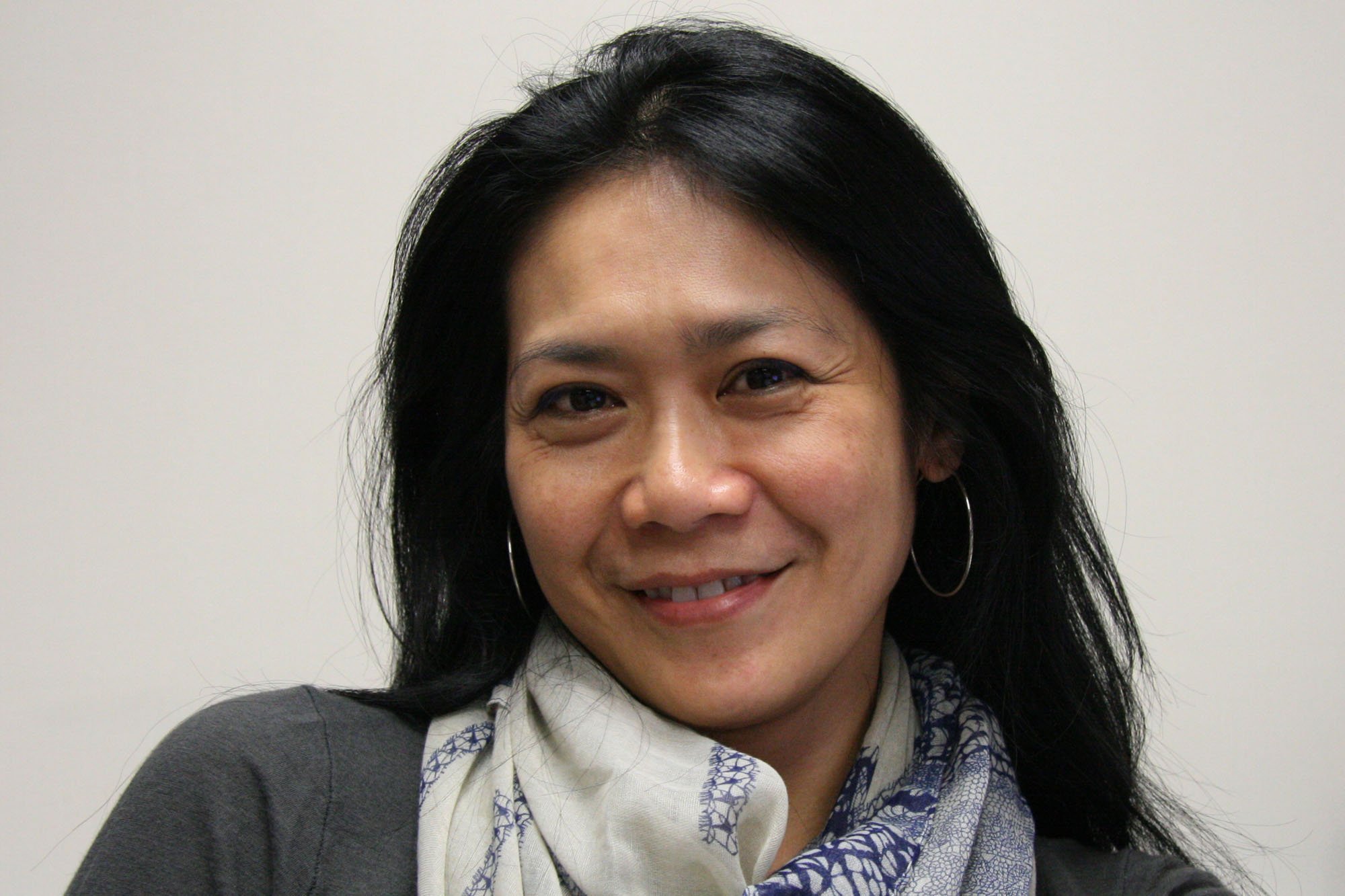Don’t Trade Away Health

Jul 28, 2015
The clock is ticking. Asian countries are under time pressure to sacrifice public health interests to get final agreement on a trade deal. The Trans-Pacific Partnership (TPP), which is currently being negotiated between the US and 11 other Pacific Rim nations – including Malaysia, Singapore, Brunei, Japan and Vietnam – is on track to become the most harmful trade pact ever for access to low-cost medicines in developing countries.
Last month, the U.S. Congress gave the President ‘Fast Track’ powers on any deal, which means that the TPP is being pushed now for a rapid conclusion. The fight is not over yet. There is still a chance for all countries in the negotiation – including developing countries like Malaysia, Vietnam, Mexico and Peru – to reject damaging intellectual property (IP) provisions as negotiators are meeting through the end of this month in Hawaii. Governments paying for treatment programs, both directly and by funding global health initiatives should prioritize public health in these trade negotiations.
The negotiations have been shrouded in secrecy but thanks to leaked drafts the public has knowledge about the US proposals for some sections of the trade deal. What was revealed was the inclusion of dangerous provisions that would dismantle public health safeguards enshrined in international law and lengthen and strengthen patent and other monopolies for pharmaceutical companies. The TPP deal on the table grants pharmaceutical firms longer-term and stronger monopoly protections on high-priced medicines for diseases such as HIV/AIDS, tuberculosis (TB), hepatitis C, cancer, and others. It will keep the production of generic medicines at bay and lifesaving medicines out-of-reach for the poorest.
In the field of health, generic competition saves lives. MSF doctors have seen how availability of low-cost quality medicines and vaccines is important to treat and prevent a wide variety of diseases, including TB, malaria, HIV/AIDS and other infections that afflict the poorest and most vulnerable populations.
While the US has proposed ‘transition’ periods for some of its demands to some developing countries in the negotiations, this is just a form of fool’s gold. Certain exemptions which could be offered to countries such as Malaysia, Peru, Vietnam and Mexico only delay the implementation of some, but not all, harmful provisions and would still undermine access to low-cost versions of life-saving medicines in the long-term.
With the near-conclusion of TPP trade deal, another trade deal is being negotiated which threatens public health landscape in Asia. The Regional Comprehensive Economic Partnership (RCEP) is a trade deal that – replicates US IP proposal – and is being hammered out amongst all the ten (10) ASEAN countries and its six current free trade agreement (FTA) partners – China, India, Japan, South Korea, Australia and New Zealand – basically covering almost half of the global population. The leaked RCEP draft texts on IP, currently tabled by Japan and South Korea, as they stand today are drafted along the lines of the TPP.
Right now, RCEP negotiations on IP are at a standoff, with India and ASEAN countries unwilling to trade away health by adopting IP provisions that protect patents more rigidly than the rules of the World Trade Organization (WTO). Many developing countries in the RCEP negotiations have already demonstrated leadership to safeguard public health. The Philippines and India which have implemented safeguards in their national patent laws to limit ‘evergreening’ – a tactic that pharmaceutical firms use to keep drugs under monopoly for longer periods. Malaysia, Indonesia and Thailand also have issued compulsory licenses to ensure procurement of generic medicines at competitive prices for HIV, heart disease and cancer.
The TPP and RCEP – mega trade deals in the Asian region – mutually reinforce the most harmful IP provisions and extend them across Asia. If such trade deals that promote abuse of the patent system are endorsed, the public health gains these countries have fought hard for in the past decades will be undermined. Governments will have more limited ability to take legal actions to try to ensure that medicines are accessible to everyone in need. For countries with a high burden of hepatitis C, namely the Philippines, Malaysia, India, China, Malaysia and Myanmar, promoting generic competition is the best opportunity to make treatment – costing in the US as much as US$1,000 per pill – and other vital drugs and vaccines accessible and affordable to treat and prevent diseases taking thousands of lives each year in Asia and beyond.
Governments have both an interest and a responsibility to ensure that new roadblocks are not introduced in the way of lifesaving, affordable medicines. They must make a stand on behalf of millions of their people before the TPP deal is sealed and sets a new, low standard for those other trade deals on the horizon.
The writer Dr. Maria Guevara is the MSF regional humanitarian representative for ASEAN





Leave a Comment